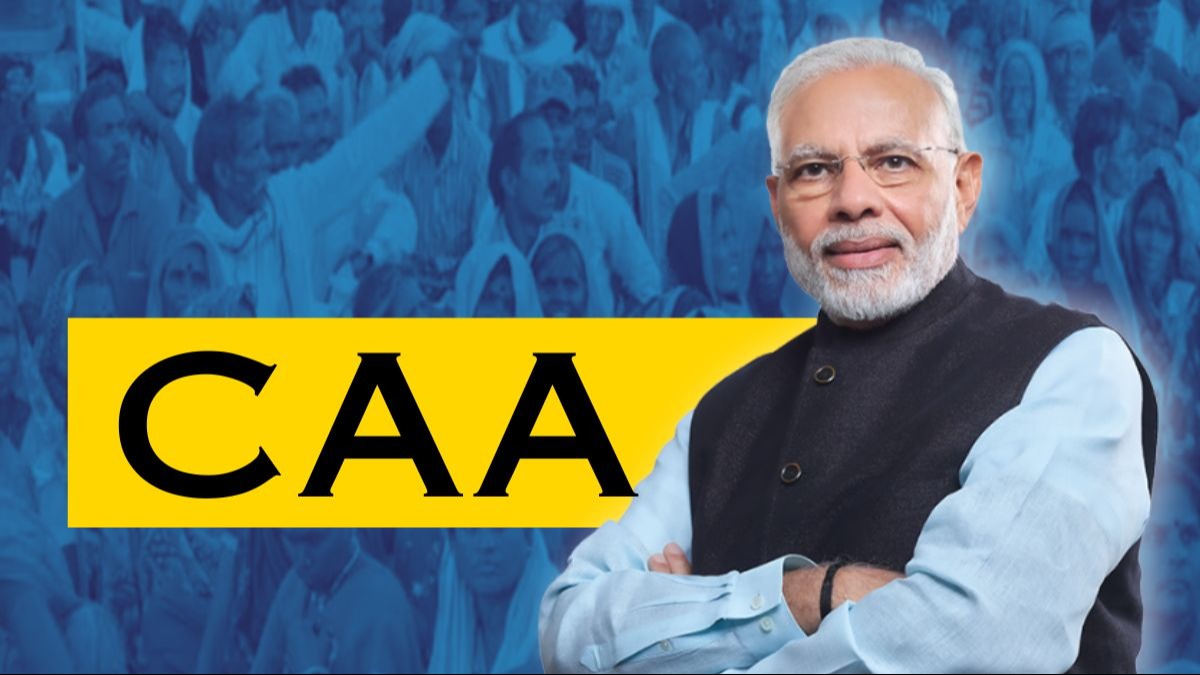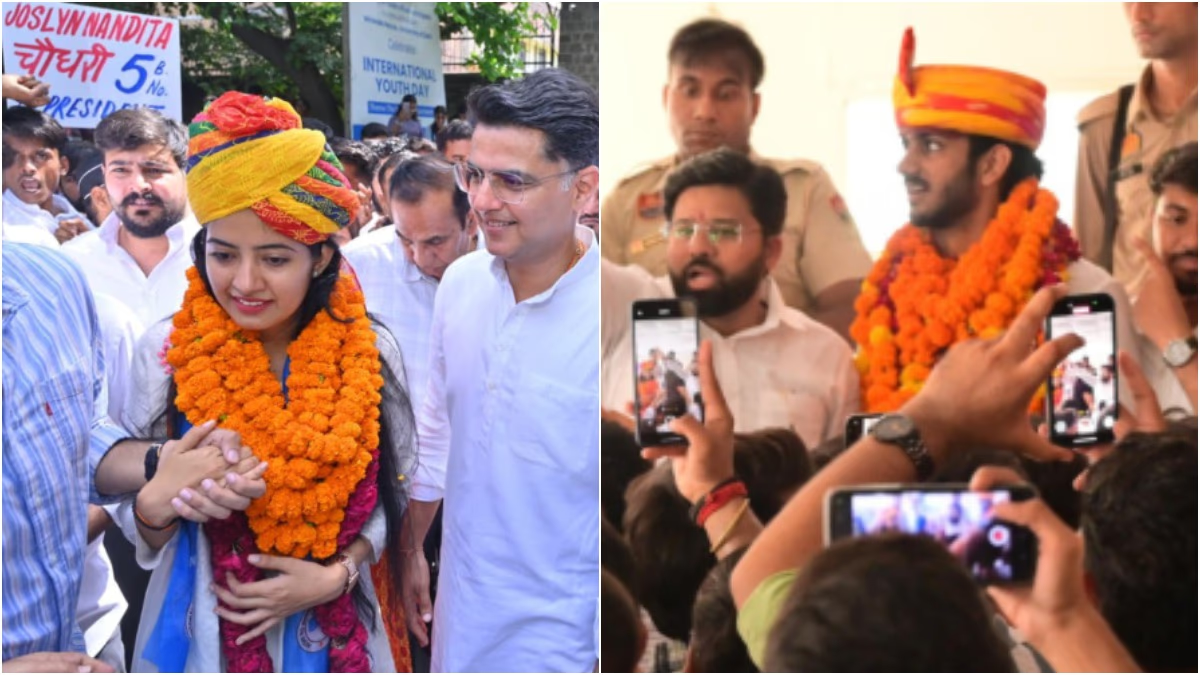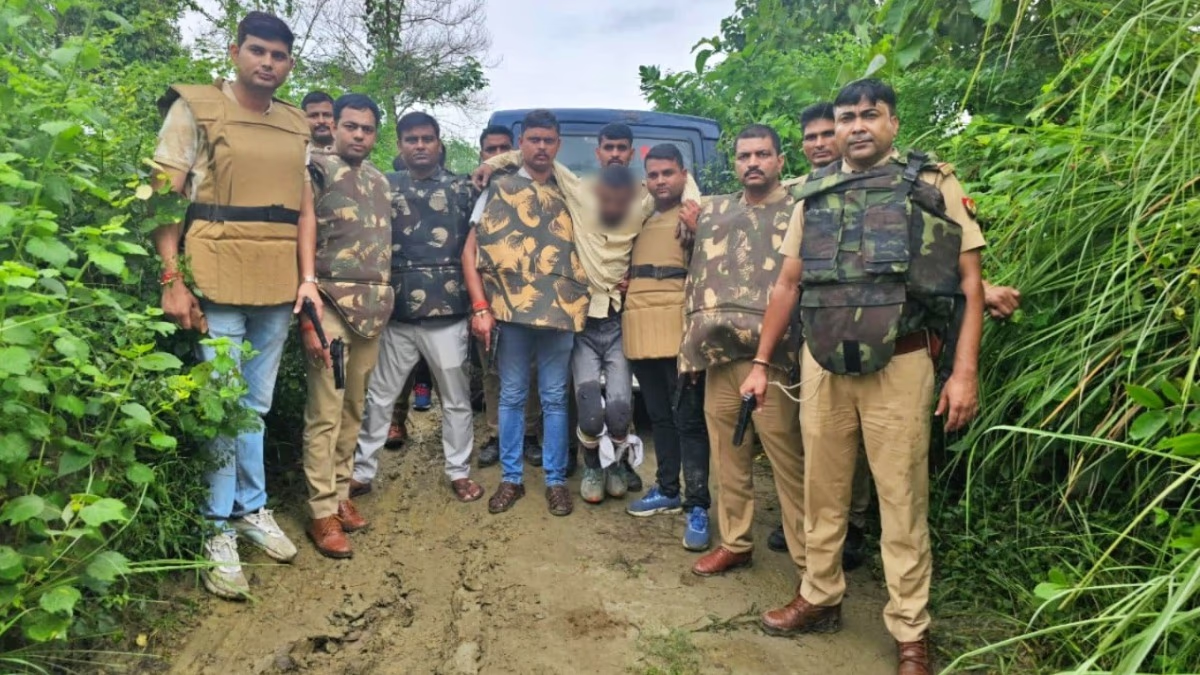The Citizenship Amendment Act (CAA) notification may have been issued today, but the law was passed in Parliament five years ago. Protests across the nation had delayed its enforcement. Questions arise: what compelled the ruling party to implement it just before the Lok Sabha elections? There's no denying that the CAA's implementation is a strategic move aimed at electoral gain. But can fulfilling promises to voters in a democracy be considered a crime? The BJP has consistently affirmed its intent to grant citizenship to Hindu refugees from neighboring countries through the CAA. The government insists that Muslims are not threatened by this law and no one will be stripped of their citizenship. As elections loom, the BJP's intent to reap a huge mileage is evident, although it's debatable if any significant benefits will come its way. If the opposition chooses not to counter this move, the BJP could face setbacks instead of gains, especially given the widespread opposition in the entire North East, including Assam.
CAA's benefits for a select few, simply a narrative against the opposition
The opposition alleges that the government's deliberate pre-election CAA implementation exposes its intentions. Veteran Congress leader Jairam Ramesh states that the BJP seeks electoral benefits from this timing. Home Minister Amit Shah and Minister of State Shantanu Thakur have repeatedly asserted in Bengal's electoral assemblies that the CAA will be enacted before elections. The BJP views the promise of CAA implementation as pivotal to its election campaigns and believes it could advance their Hindu nationalist agenda, possibly consolidating Hindu votes. Interestingly, the BJP targets especially those states with significant Hindu populations, since CAA's direct impact on local elections will likely be minimal. The BJP is aware that heightened opposition resistance will ultimately benefit them, allowing them to portray the opposition as anti-Hindu and to accuse it of Muslim appeasement. Avoiding this trap could be the opposition's key to thwarting BJP's schemes.
Fulfilling promises to West Bengal voters
Hindu refugees from the Matua community in West Bengal, originally from Bangladesh, have long sought citizenship. The CAA would streamline their path to legal status. The BJP drew significant support from this community in previous Lok Sabha elections and stands to repeat the outcome in 2024 if the law assists them. From holding just two Lok Sabha seats in 2014, BJP's tally in Bengal skyrocketed to 18 in the 2019 elections and emerged as the second-largest party in the 2021 state elections. West Bengal Chief Minister Mamata Banerjee has vowed that CAA will not be implemented in the state. Her resistance may play into BJP's strategy of accusing her of Muslim favoritism. The BJP could also gain support from Sikhs in Punjab and Delhi as many are migrating from Pakistan and Afghanistan, seeking sanctuary in India and Canada.
Opposition in the North East could backfire for the BJP
The debate on the CAA's inclusivity of Muslims aside, the North East harbors different grievances. Granting citizenship to Hindu minorities from Bangladesh poses unique challenges for these smaller states. Indigenous groups believe that decades of migration have threated their existence, with growing numbers of Bengali Hindus settling in these states, thus impacting the demographic and cultural landscape. Meghalaya's traditional Garo and Khasi tribes, for instance, have seen a diminishing influence with the influx of Bengali Hindus. The situation in Assam is particularly dire, estimated to have over 20 lakh Hindu Bangladeshis dwelling illegally, which the locals claim is not accurately portrayed in census data due to evasion during the count.
Local resistance to resettlement of Hindus from other countries
Incidentally, where Pakistani Hindus have been resettled, local communities have shown substantial resistance. Reports from Rajasthan last year revealed that locals demanded the resettlement of these Pakistani Hindus elsewhere. The concern resonates across India: people are generally opposed to large numbers of outsiders impacting their local life. This phenomenon is witnessed with the resistance to North and South Indians in Mumbai, Biharis in Tamil Nadu, among other cases. Such opposition is minimal for small numbers, but resistance intensifies as numbers grow.




